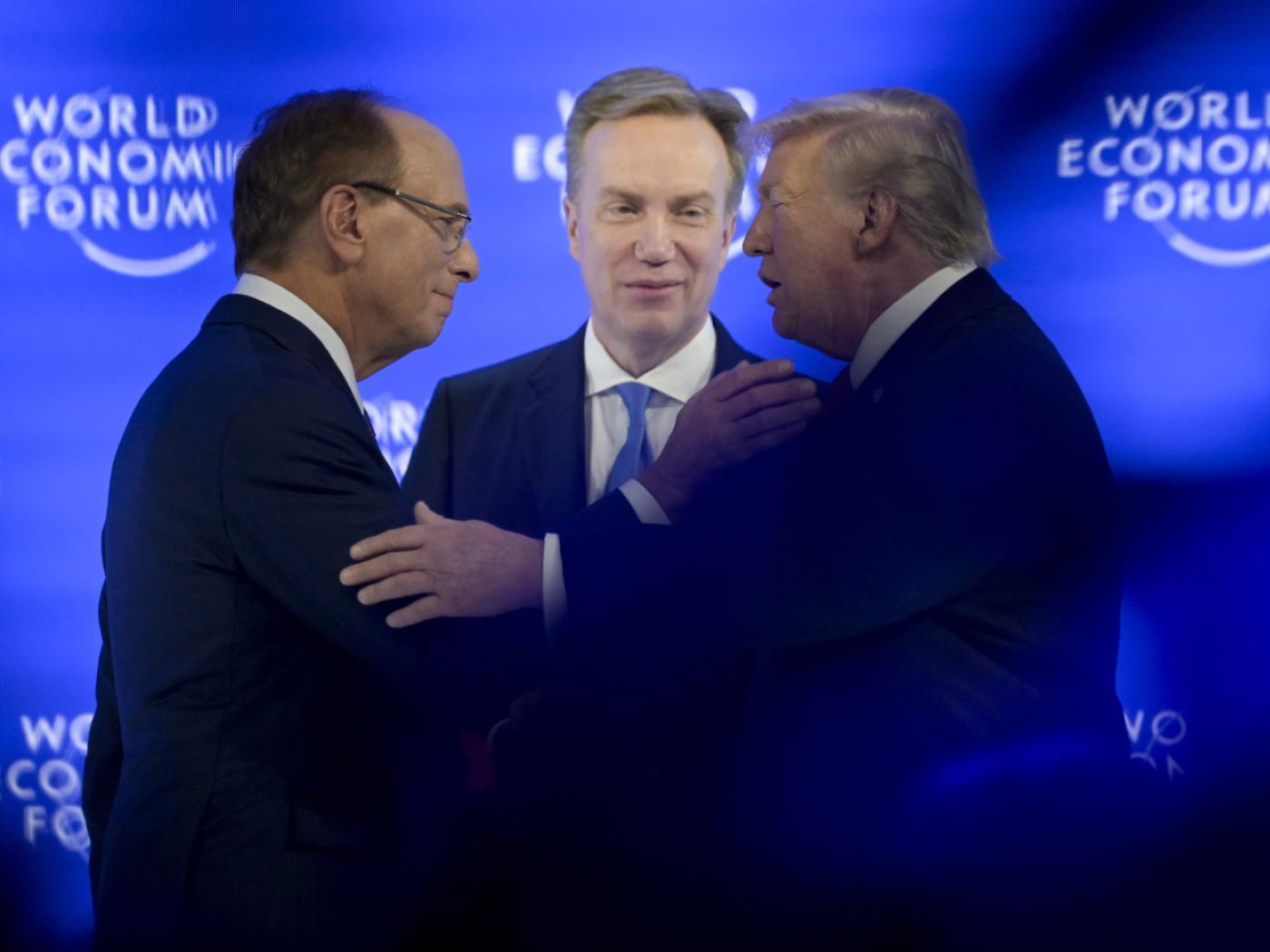The generous and bloated American welfare state has become an enormous magnet to both legal and illegal immigrants in the United States. This $290 billion annual magnet subsidizes migration and ensures that the total number of migrants into the US is larger than would be the case without the subsidy. This is always the case with subsidies. We get more of what we subsidize. It's true for student loans and ethanol, and it's true for migrants.
Some immigration opponents will surely respond with "sure, that will reduce immigration, but some people will still want to migrate into the country." That's true enough, of course, and there's no reason to believe that zero immigration is a good thing. North Korea, after all, has near-zero in-migration.
Rather, we ought to oppose social-benefit subsidies for migrants simply because it's the right thing to do. The subsidies rip off the taxpayers while also needlessly importing migrants who would not have otherwise immigrated.
But for those who think that ending the subsidies won't reduce immigration enough, there is another strategy. In this case, opponents of immigration ought to support the strategy because it is both the right thing to do and because it further reduces immigration. I'm talking about free trade.
How Protectionism Encourages Immigration
In a world without protectionism, businesses would face no additional taxes or barriers for relocating their property to the jurisdictions that are the most profitable. That is, capital such as factories and machine tools would be located and relocated to wherever there is the most ample labor available, and where the local resources and the policy environment are the most suitable for that particular firm and industry. Consumers and other producers in all parts of the world would then be free to purchase these goods at competitive prices.
As a result, capital could more freely and profitably move to wherever there is a labor "surplus"—that is, where labor is plentiful at wage rates the owners of capital can afford to pay.
In the aggregate, this would greatly reduce the need for large-scale migration because the relative benefits of immigrating to capital would be greatly reduced.
This system doesn't just make more sense economically, but sociologically as well. Lower migration rates lend themselves to greater social stability, more solidarity among residents, and higher levels of societal trust. Research has shown that high levels of mobility can be associated with higher levels of stress, crime, poor health, and what sociologists call "social disorganization." Moreover, in a world without protectionism, communities with a labor surplus would no longer have to endure the loss of their most ambitious young workers to the same degree. Young workers would more easily find new sources of employment and capital closer at hand.
Unfortunately, we live in a world with rampant protectionism, and that means central planners within each regime decide arbitrarily to impose trade barriers on foreign goods. The reason for this is based on no sound economics but on special interest politics. Many producers don't want to face foreign competition who can often produce goods more efficiently at lower cost. Politicians then slap additional regulations and taxes on foreign goods to reduce imports.
The effect is to create artificial barriers between the American market and foreign markets. Foreign producers will produce less—and thus employ fewer workers—because they can no longer freely serve the American market. Meanwhile, capitol will not as freely move to foreign labor surpluses because the goods produced by that capital now faces additional sanctions.
When capitol cannot move to labor, labor will move to capital, and so protectionism acts as an impetus to greater migration. Border control can only do so much to prevent this, of course, since the idea that a border can be fully closed is as much a fantasy as the idea that the international flow of illegal drugs can be stamped out.
Free Trade Is Always the Right Thing to Do
The fact that free trade reduces the need for migration is only one reason to support free trade, of course. Free trade also raises the standard of living for all sides involved. This is true of every market exchange. Free trade reduces the cost of goods not just for consumers, but for entrepreneurs and producers. Small businesses (and large businesses, too) can hire more people because producers can then purchase more productive goods that make workers more productive and more profitable.
The most important reason to support free trade, however, is that it is the moral thing to do. Protectionism requires the daily violation of human rights. Free trade respects these rights. Even if free trade had no effect on migration at all, free trade would still be the right thing to do.
Although many protectionists fancy themselves as defenders of freedom and restrained government, in practice protectionism is a big-government program par excellence. Protectionism amounts to nothing more than federal regulation of private property and central planning. The government—not the market—decides what goods are imported and at what prices. Even worse, all this government planning must be enforced by a small army of federal agents who enforce these regulations by jailing and fining—or threatening to jail and fine—private sector actors who dare engage in peaceful trade in a manner unapproved by federal diktats.
Indeed, it is this aspect of protectionism—that it is fundamentally a deeply immoral violation of natural property rights—that motivated the history's greatest free-market liberals—in a 300-year unbroken tradition from the Levellers to Rothbard—to vehemently oppose protectionism on moral grounds.
Unfortunately, in spite of its many manifest economic and societal benefits, protectionists cling to their need to use state power to control the flow of goods across government borders.
Read More:
Full story here Are you the author? Previous post See more for Next postTags: Featured,newsletter
































